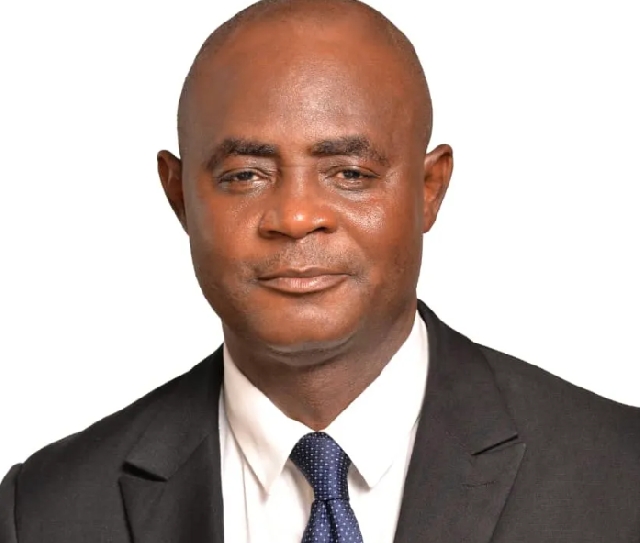Since the announcement of the 24-hour economy policy by the National Democratic Congress- NDC and its Flagbearer for the 2024 Presidential and Parliamentary elections as the
foundation for his economic policy and the party’s manifesto [promises], the 24-Hour society vehicle had assumed unprecedented levels of traction and has become a lively topic in
boardrooms, management meetings, trade unions discussions, civil society organisations deliberations, security, intelligence and law enforcement agencies brainstorming sessions, local
councils and city administrators discussions, and in fact, it also dominates street conversations even amongst ordinary citizens.
As much as it had generated traction, so had concerns and reservations persisted when it comes to the meaning and how the framework would be
operationalised, most of which are not and should not be considered as political mischief.
The terms “night-time economy*, ‘nocturnal economy”‘, 24-7 environment’ and ‘the
24-hour economy* are used interchangeably and sometimes synonymously with each other, in
most cases however, the latter is used to refer to all activities throughout the 24-hour period of
the day and for the whole of the 365-days of the year.
It is also vital to note that, this paper
utilised a tripod approach of theoretical literature, analytical empirical data, and our current
and historical economic situation in making a case for the 24-Hour economy system as a
superior transformational economic policy framework to tackle the challenges facing the
country and reset the economy unto a sustainable recovery path for the benefit of the citizenry
[Diwakar V. et al, 2019; emphasis mine].
The 24-Hour system recognized as a vital contributor to urban growth and cultural enhancement, gained increasing attention from researchers policymakers, and urban planners, given its potential to stimulate economic growth, create employment opportunities, and promote cultural activities [Edwards, 2010; Morleo, et al,
20121.
Historical Background of the 24-Hour Work Schedule System. The concept of the night-time economy as a key component of the 24-Hour economy system, first appeared in the 1970s in the United Kingdom and Europe.
When Europe’
industrial cities began to experience an identity crisis after transforming from production
centres to consumption centres, the night-time economy is said to have been conceived to pull
these places back from the brink of ruin.
It was originally associated with people engaged in
drinking and nightlife activities and was
generallv referred to as the “chaos economy mostly regarded as an arena for fun and socialization [Rowe and Bavinton 2011; Turner 2005;
Zhang et al. 2022].
Read documents below;




















